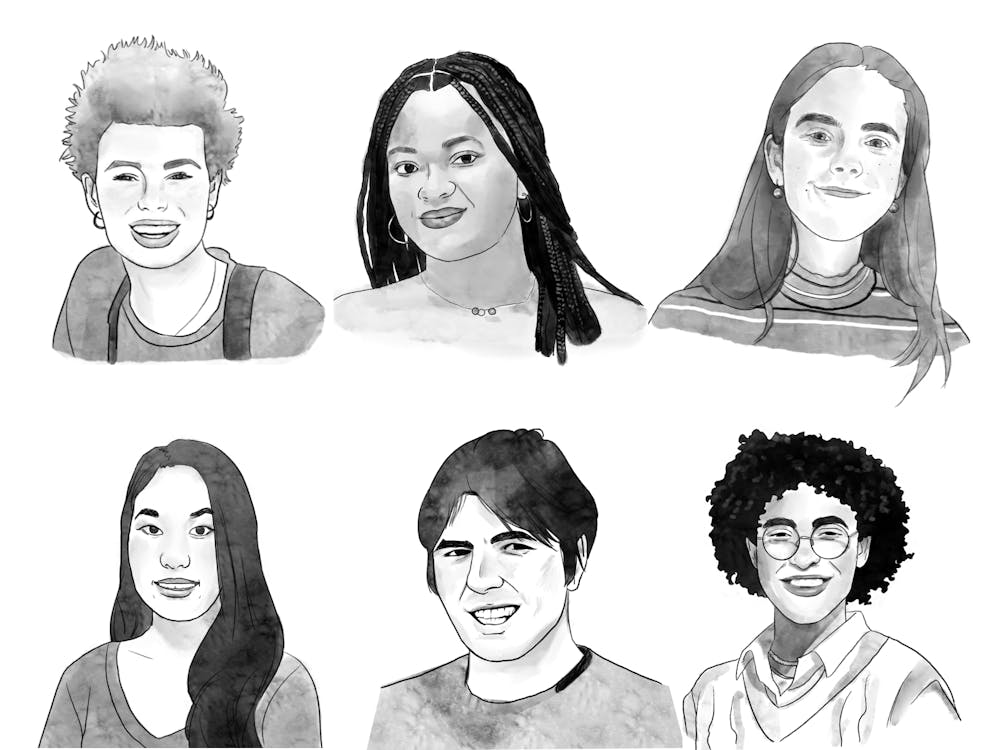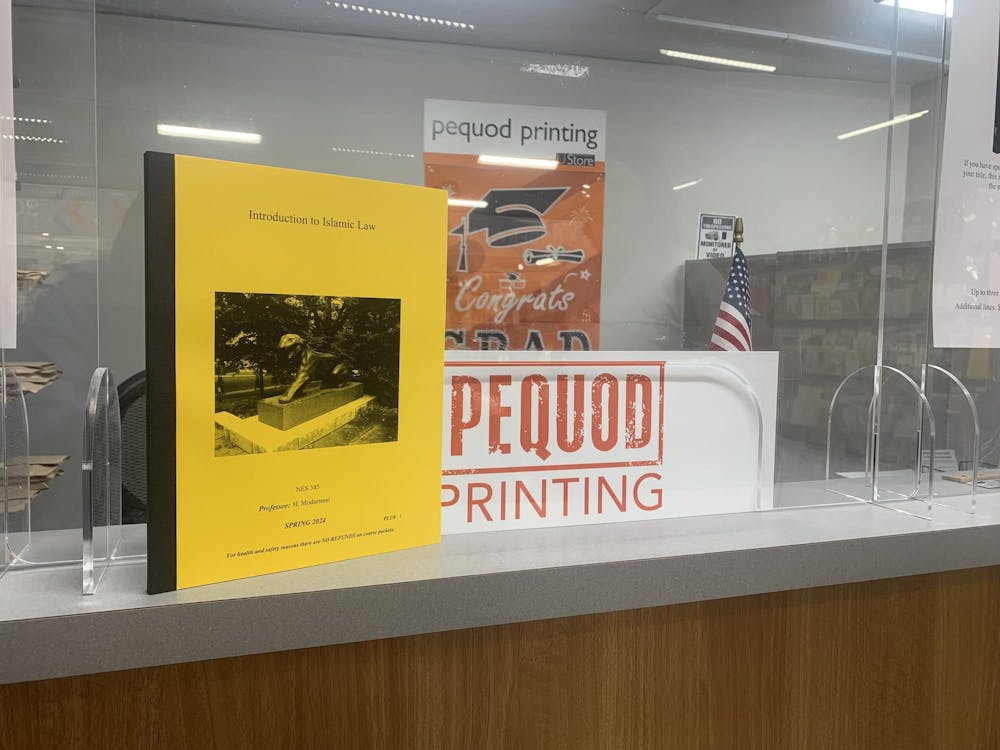I am tired of reading New York Times Opinion articles titled some permutation of “The Humanities Are Important.”
This is a weird feeling for me to have. I love the humanities and I do find them important. If nothing else, I am an English major in a family of medical professionals, so compelling arguments for why the study of literature is worthwhile can be really important for my psyche. When I was a freshman, that kind of article would convince me that I should actually try to do my reading for the HUM Sequence for a hot second.
So I do not mean to make a case for ending “Yay Humanities” op-eds. It is still important for some 18-year-old drowning in Heidegger to hear that sentiment, even if she doesn’t listen to it and takes COS 126 the next semester instead. Somewhere in the back of her mind, she’ll remember that there are a number of intelligent people who won’t think she’s patently insane if she earns her bachelor’s degree writing literary criticism.
My case, rather, is for refocusing the conversation. The humanities are important – cool. However, that claim only gets us into neutral territory. Let’s talk about what they affirmatively do.
Like almost any other argumentative adjective, importance operates in relative terms. You’ve heard the proverb that there is no joy without sadness; well, empirically, there is no significance without insignificance. So even if storytelling is the fabric of human history, even if every known culture produces art and even if we as a country spend trillions of dollars on movies every year, none of those facts really mean anything. They certainly prove that the humanities exist, but without another thing to compare them against, arguing for their significance doesn’t do much. It’s like a game where one team plays eternal defense — no one ever scores.
Here enters the unspeakable foil spirit of the humanities — the Will Turner to its Jack Sparrow, Luke Skywalker to its Han Solo, Horatio to its Hamlet — the sciences. The two often end up working together, and either might be the protagonist depending on your tastes. But it seems like everyone picks a favorite. And if you do have a favorite, you clearly must find one “better” (or “more important”) than the other one.
But is that really the case? Tastes are subjective. Telling yourself you must study financial engineering to live an “important” life is like deciding you must prefer Luke over Han to be a “better” person. An objectively important life does not exist. The more conversations I have about the unconditional value of any field of study, the more I hear opinions.
I have had a lot of those conversations and here is my verdict: everyone I know thinks their major is useless. The chemistry majors are convinced they will rot in labs for no pay, Woody Woo majors tell me they don’t know what they’re actually majoring in and even computer science majors battle bouts of dark and profound distress about living fulfilling lives. And then — here’s the kicker — each student is also convinced there is at least one other department that calls their concentration a waste of time.
I can walk through every single concentration listed on our website and tell you a version of this story. And sure, no matter how many departments I can cover, this is subjective data corrupted by my preferences in friendships and a complete lack of scientific method. But there is something to be said for a bunch of independently conceived stories with the same ending. Trust me on this one: narrative trends can tell you something quantifiable without numbers.
I am writing this column because every semester around midterms and finals, lunch conversations and social media threads turn towards how difficult it is to complete a problem set or how many pages are due this week. These academic spitting contests remind me of these neutral New York Times Op-Eds. True, a handful of my BSE friends seem willing to listen to the struggles of my AB friends, and vice versa, and that makes me hopeful. But that understanding has got to continue and grow past our liberal arts environment.
Princeton classes across all departments, from math to anthropology, are notorious for getting caught up in theory. As the students of these fields, it’s our turn to convert that theory into action. I want to read articles about my classmates creating theatre companies like Trusty Sidekick, which uses performance to accelerate the development of children on the autism spectrum. I also want to read about my engineering friends in the National Academy of Sciences making technological advances in prosthetic limbs. And I want to root for both teams.
Intellectual breakthroughs are limited by apologies. No muse descends upon the chosen ones who dedicate their lives to the correct field and endows them with automatic bravado. Everyone starts staring into the void wondering what they’re going to make from it. While those studying humanities are obviously anxious, scientists are insecure too, and the social scientists freak out about being in the middle. If we’re all playing defense, who’s playing offense?
No one writes articles about the importance of data or scientific experiment; we as a society have decided to take that for granted. At some point, it’s time to do the same with arts and letters. All of it’s important. None of it’s important. Mainly, that conversation is not worth as much of our attention as we’re giving it. It’s time to take ownership. Instead of defending what we think is important, let’s actively do what we think is important.
Victoria Gruenberg is an English major from Winter Park, Fla. She can be reached at veg@princeton.edu.







